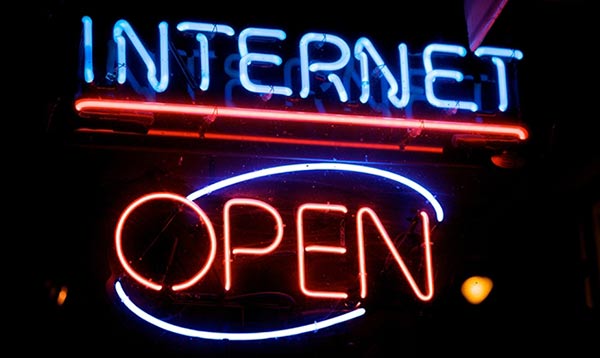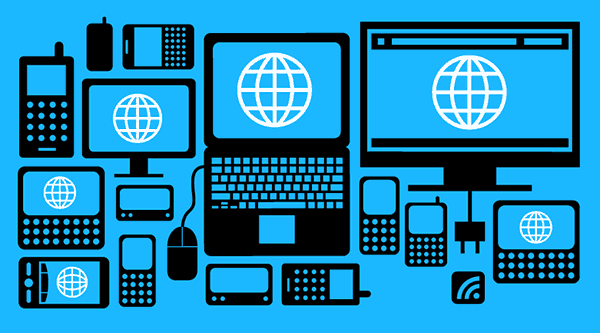The European Parliament has voted to stop ISPs from charging for preferential access to their networks as they pass the proposal on 'net neutrality', reports Phys.org. All internet traffic will be treated the same regardless of its source, if the law is now approved by Europe's Council of Ministers.

'Net neutrality' laws amend several loopholes which previously allowed ISPs to categorise web services of their choice as "specialised services" which they can treat differently. This is an effort to prevent ISPs from reserving the better part of their networks for their own services or pushing companies such as Google (YouTube) and Netflix to pay for preferential treatment on their networks. The new laws will also stop ISPs from blocking services on their network which compete with their own offerings such as communications apps like Microsoft's Skype and Facebook's WhatsApp.
The proposal was obviously largely opposed by operators as they claim that it will hold back their efforts to manage traffic. "Whilst we support an open internet, a set of misconceptions about our industry, together with a rushed legislative process and a lack of technical analysis, risk transforming the Connected Continent Regulation into an anti-innovation and anti-consumer choice legislation," said a joint statement from trade bodies representing ISPs. "The current draft legislative compromise in the European Parliament reflects very restrictive views on how the internet should work and on how specialised services with enhanced quality could be offered."

New laws in the package also include the elimination of roaming fees within Europe by 2016 as the EU aims to encourage big operators to invest more in networks whilst cultivating a single market for telecom services across the 28-country European Union, according to Reuters.
"This is what the EU is all about - getting rid of barriers to make life easier and less expensive. We should know what we are buying, we should not be ripped off, and we should have the opportunity to change our mind," said Neelie Kores, the European commissioner for digital affairs.
In the US, a net neutrality initiative was struck down by the FCC recently. Previously Netflix entered a deal to pay the country's biggest cable firm (Comcast) for preferential treatment on its network - so Netflix subscriber video streaming isn't hobbled.













